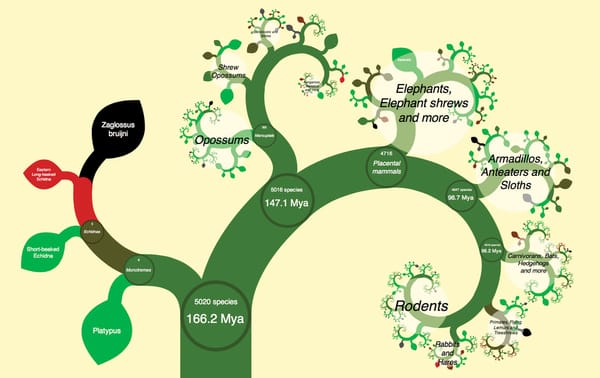Executing Justice at the Dana Centre
Lethal injection can be more painful than intended
It turned out that 52% of the audience at a recent event at the Dana Centre would prefer to be executed by lethal injection than hanging, electrocution or being shot. This was before they were given information about what exactly occurs when a lethal injection is carried out. A member of the audience was selected to lie on a death bed with a plastic arm to demonstrate venous cannulation. Tim Crocker-Buque, Junior Doctor and Public health researcher chaired the evening and then showed how the lethal cocktail is administered.
Felicity Plaat, consultant anaesthetist with the Imperial College Healthcare NHS Trust described the drugs used in the procedure. She then explained the huge problems when injections are being administered by prison wardens, who are not medically trained, causing undue suffering to dying prisoners.
It is difficult to judge the specific amount of anaesthetic which is needed, and sometimes prisoners wake up during their execution. As they are injected with enough drug to paralyse their striated muscles for a week, they have no way of indicating their consciousness. Finally, a high dose of potassium decelerates heart palpitations until it completely stops and the prisoner dies. However if the cannulation is not completely in a vein, potassium leak-out can induce death of surrounding tissue which is terribly painful.
Despite the fact that these drugs come from medical application, it was surprising to find out from Vivienne Nathanson, Director of Professional Activities at the British Medical Association, that doctors must not take part in administering lethal injections because it is an abuse of their medical knowledge. However, they are able to confirm death and can even prescribe the deadly drugs to prisons.
Many US prisons are having difficulty in carrying out executions as they have depleted their drug supply and cannot source new supplies, as was presented by Maya Fao, head of the Stop the Lethal Injection Project at Reprieve UK. Each time the prisons try to buy drugs, the non-profit organisation tries to block this by writing to the suppliers and governments affected. So far they have been successful. European countries ban these exports and many pharmaceutical companies are unwilling to tarnish their reputation for money from executioners. Recently, the US government tried concocting the lethal cocktail themselves, but this did not produce a successful execution.
As a result, only 24% of the Dana Centre audience decided that they would prefer to be executed by lethal injection.








